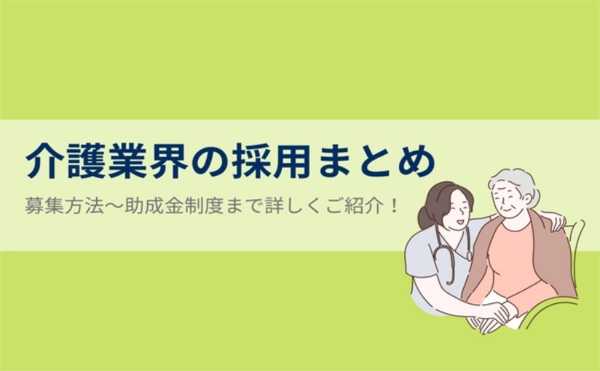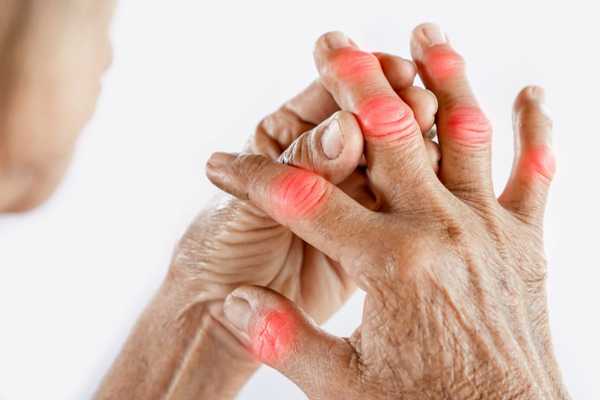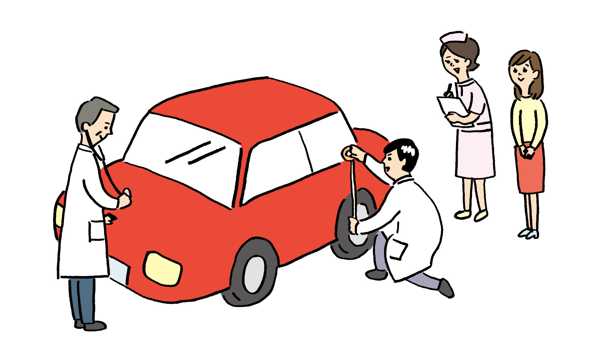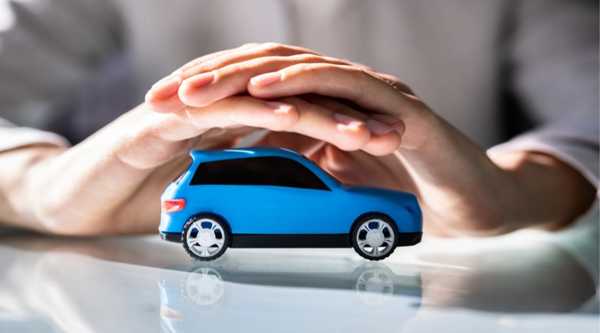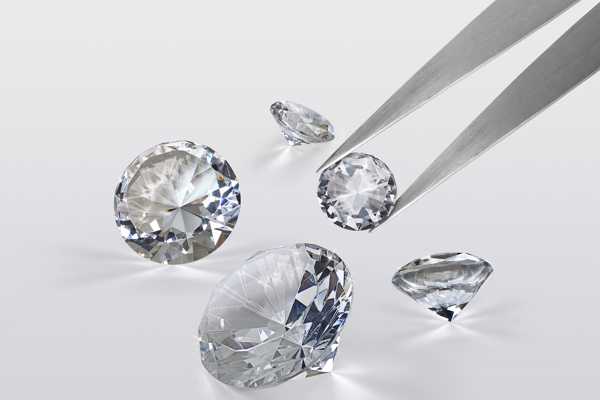【車検が近い方必見】安くて安心・即日対応の車検サービス|無料見積もり・WEB予約受付中!
Solution for Male Erectile Dysfunction (ED): A Comprehensive Guide
Erectile dysfunction (ED) is a widespread issue affecting men across all age groups and backgrounds. It can cause significant emotional and psychological distress, leading to issues such as anxiety, stress, and even relationship problems. However, various effective treatments and lifestyle changes can help address ED.
Erectile dysfunction (ED) is a widespread issue affecting men across all age groups and backgrounds. It can cause significant emotional and psychological distress, leading to issues such as anxiety, stress, and even relationship problems. However, various effective treatments and lifestyle changes can help address ED.
What is Erectile Dysfunction?
Erectile dysfunction refers to the persistent inability to achieve or maintain an erection adequate for sexual activity. The causes of ED are multifactorial, ranging from physical health conditions to psychological factors:
Physical Causes: Conditions like diabetes, high blood pressure, heart disease, obesity, and hormonal imbalances can impede blood circulation and nerve function, contributing to ED.
Psychological Causes: Factors like stress, anxiety, depression, and relationship issues can also impact erectile function.
Identifying Symptoms of ED
The most obvious symptom of ED is the inability to achieve or sustain an erection. Other symptoms may include:
Decreased libido
Difficulty reaching orgasm
Premature or delayed ejaculation
If these symptoms persist, it's essential to consult a healthcare provider to diagnose and manage the issue appropriately.
Lifestyle Modifications to Improve ED
Eat a Balanced Diet A healthy diet plays a vital role in improving overall health and may enhance erectile function. Nutrient-rich foods such as:
Fruits and vegetables
Whole grains
Lean proteins
Healthy fats (like those in avocados and nuts)
Cutting down on processed foods, sugary drinks, and alcohol can also contribute positively to sexual health.
Engage in Regular Physical Activity Regular exercise can improve circulation, reduce stress, and boost mood, all of which can aid in combating erectile dysfunction. Aim for 150 minutes of moderate-intensity aerobic exercise each week, coupled with strength training exercises twice a week.
Maintain a Healthy Weight Obesity negatively affects hormone levels and blood flow, both of which can lead to ED. A balanced diet and consistent exercise can help reduce weight and improve sexual health.
Quit Smoking Smoking harms blood vessels and restricts blood flow to the penis, a major contributor to ED. Quitting smoking is essential to improve both overall health and sexual function.
Limit Alcohol Intake Moderate alcohol consumption is generally safe, but excessive drinking can trigger ED. Reducing alcohol intake can help enhance sexual performance and health.
Psychological Approaches for ED
Therapy and Counseling If emotional or psychological factors are contributing to ED, counseling or therapy can be an effective solution. Cognitive-behavioral therapy (CBT) can help address anxiety, depression, and relationship issues, allowing men to regain confidence and improve sexual function.
Practice Stress Management Techniques such as meditation, mindfulness, and deep breathing exercises can help alleviate stress and anxiety, promoting better erectile health.
Medical Solutions for Erectile Dysfunction
When lifestyle changes and psychological support do not resolve ED, there are several medical treatments available:
Oral Medications Phosphodiesterase type 5 (PDE5) inhibitors are commonly prescribed medications for ED. Some of the most popular options include:
Sildenafil (Viagra)
Tadalafil (Cialis)
Vardenafil (Levitra)
Avanafil (Stendra)
These medications enhance blood flow to the penis, facilitating erections in response to sexual stimulation.
Vacuum Erection Devices (VED) VEDs are devices that create a vacuum around the penis, drawing blood into it to create an erection. After the erection is achieved, a constriction band is placed at the base to maintain it. VEDs are non-invasive and effective for many men.
Penile Injections For men who do not respond to oral medications, penile injections may be an option. Alprostadil, for example, can be injected directly into the penis to induce an erection. This treatment is highly effective and can be self-administered after proper instruction from a healthcare provider.
Hormone Replacement Therapy In cases where low testosterone is identified as the cause of ED, hormone replacement therapy (HRT) can help restore hormonal balance, potentially improving erectile function.
Penile Implants In severe cases of ED, when other treatments have failed, penile implants may be considered. These devices are surgically implanted into the penis to allow men to achieve erections when needed.
Conclusion
Erectile dysfunction is a common issue, but with the right combination of lifestyle changes, psychological support, and medical treatments, it can be effectively managed. If you're experiencing ED, it's crucial to consult a healthcare provider to receive an accurate diagnosis and a tailored treatment plan. Seeking help is the first step toward improving both sexual health and overall well-being.
